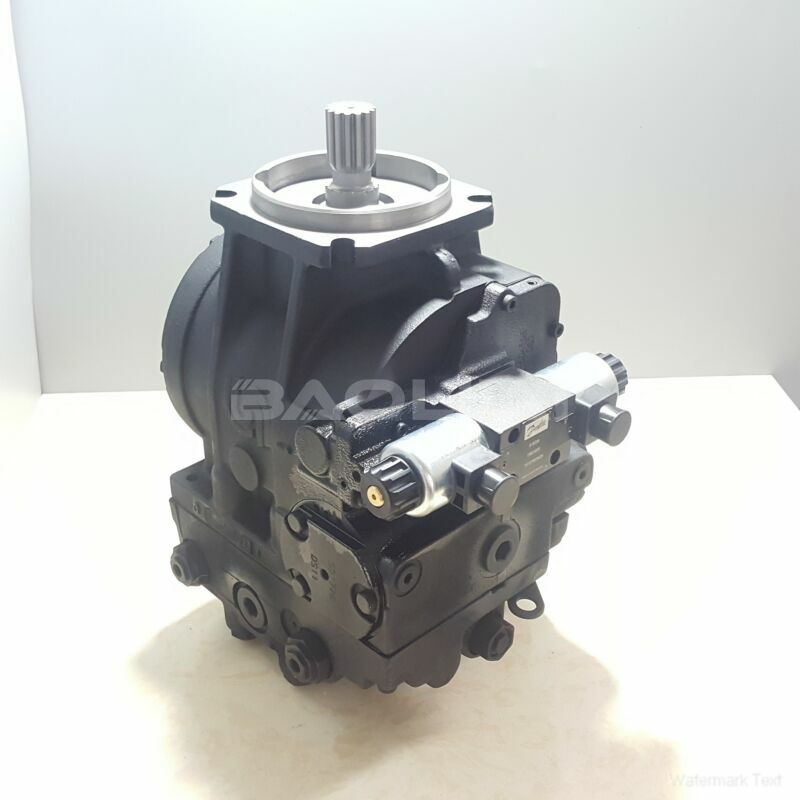90L075KA1AB80L3C7E03GBA453630 high pressure pump
90L075KA1AB80L3C7E03GBA453630 high pressure pump

- Product Details
- Applicable Scene
In today’s world, where sustainability and environmental responsibility are paramount, recycling facilities play a crucial role in ensuring that waste materials are processed effectively and efficiently. One of the key elements contributing to the operational efficiency of these facilities is the hydraulic systems employed within them. Among the leading solutions in this domain are Danfoss hydraulic pumps, which are recognized for their reliability, efficiency, and advanced technology. This article explores how Danfoss hydraulic pumps enhance the performance of recycling facilities.
90-L-075-KA-1-AB-80-L-3-C7-E-03-GBA-45-36-30
90L075KA1AB80L3C7E03GBA453630
To begin with, the efficiency of a hydraulic system is significantly reliant on the pumps that power it. Danfoss hydraulic pumps are engineered to deliver high performance with minimal energy consumption. This is particularly advantageous for recycling facilities, where operational costs can be a significant concern. By utilizing Danfoss pumps, these facilities can reduce their energy consumption, lowering operational costs while simultaneously minimizing their carbon footprint.

83009550
Another notable feature of Danfoss hydraulic pumps is their robustness and durability. Recycling processes often involve handling abrasive materials and heavy loads, which can lead to wear and tear on hydraulic systems. Danfoss pumps are designed to withstand such challenging conditions, ensuring sustained performance and reduced downtime for maintenance. This reliability enables recycling facilities to operate at optimal capacity, maximizing throughput and maintaining a steady workflow.
Furthermore, Danfoss hydraulic pumps incorporate advanced technology that enhances control and precision in hydraulic applications. With features like variable displacement and proportional control, these pumps allow for more precise hydraulic power management. This level of control is vital in recycling operations, as it helps to adjust the pressure and flow according to specific tasks, such as crushing, baling, or sorting materials. The ability to fine-tune hydraulic output leads to improved operational efficiency and better overall performance in processing recyclable materials.





